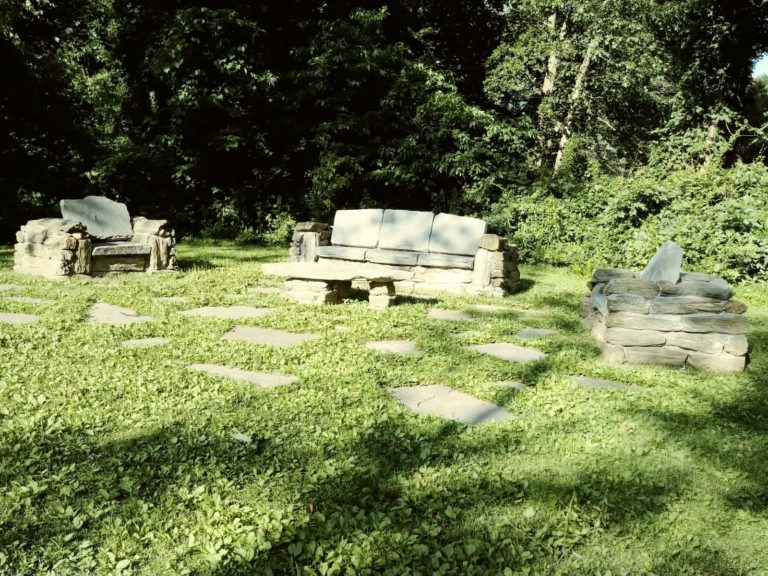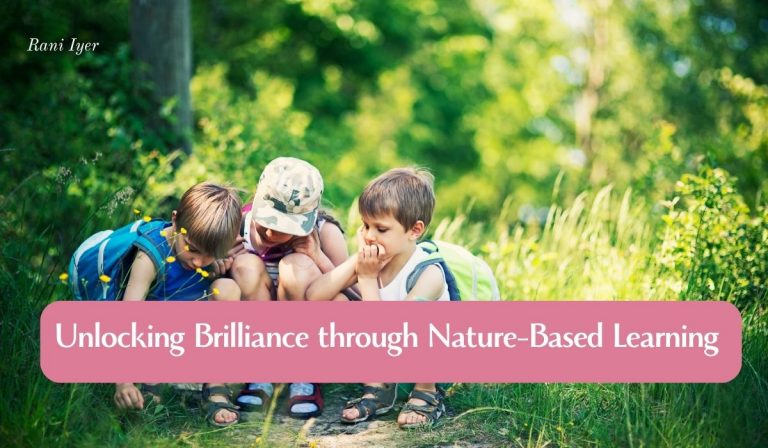
Are you looking for ways to keep kids or yourself motivated? Drop your work and take a walk. Easiest way to connect with life is to plug into nature. Find the nearest trail, park, or a spot with a clutch of trees. Spend sometime playing, walking, or relaxing in these surroundings. Just chill out, do nothing. This can be surprisingly hard for many of us. Recent studies show that when we relax in nature, our entire brain soaks in the ambiance and seems to reconfigure itself effortlessly for tackling higher level tasks such as problem solving, teamwork, critical thinking, leadership, and our resilience improves.
In my teen years, I was not particularly ‘well-adjusted.’ I just did not ‘fit’ the gender binary. I was too curious. I needed to move a lot. I did not like speaking much or I spoke up for totally wrong cues. My only friend in those times was a tamarind tree. to climb and perch on the branches. This was in my grandmother’s home during summer vacations. All through the year, in the city I lived in, I tended a garden I planted with my friend. The times I spent in the garden were filled with unforgettable moments of awe and wonder. The tiny mushrooms on rotting leaves, the butterflies and bees that checked me out when visiting the plants and the thrill of having some butterflies sit on my cheek or forehead, harvesting the fruits of our labor in the garden…and much more. I learned to trust nature. I relaxed under the skies, and with the earth. I immersed myself in experiencing something wonderful every day. These experiences taught me to be open to nature and its bounty. This connection continues even today.
Even small ways we can enjoy nature during the course of the day- listening to bird calls, looking at plants or flowers, having the view of the sky, walking under the trees- have similar benefits as wilderness backpacking or trekking in the wild. For kids, playing in the yard, having plants around them, or a wetland lesson helps the kids connect with nature. These experiences help the kids build strong academic learning, improve personal and inter-personnel connections, and play a major role in environmental stewardship. Without these experiences, students might have poor understanding and little personal connection to build pro-environmental behaviors.
Emotional connection with nature is important for forging a deep and irrevocable relationship with the environment. We are more likely to remember our walk in the rain, watching the rain and sipping tea, rather than watching the rain in a movie. Nature provides experiences that engages our senses. When our senses are satiated, we experience a sense of fulfillment and emotional contentment. That experience slows us down and helps us form an emotional connection with nature.
Take frequent nature breaks this week and figure out how it changes your day, your perspective, and eventually your mind itself. Read more about the research associated with benefits of children playing with nature here.



You summed it so well. It is exactly the way I feel about nature.
Nothing like climbing up and down during our fieldwork at WG